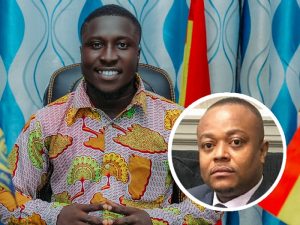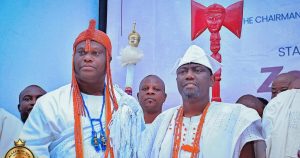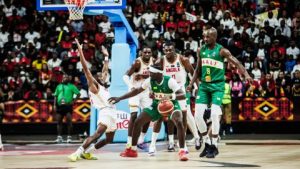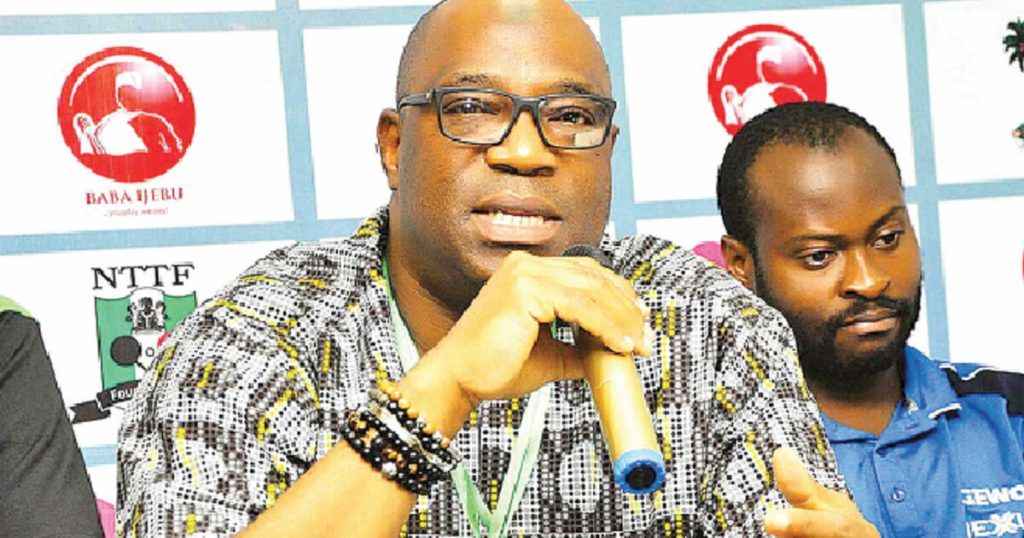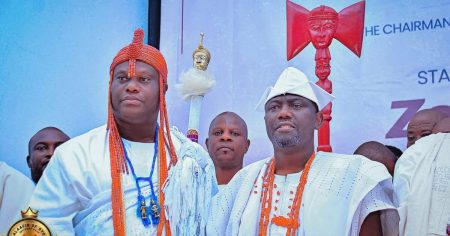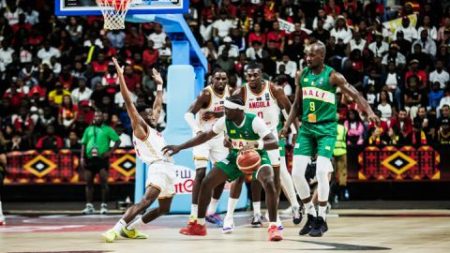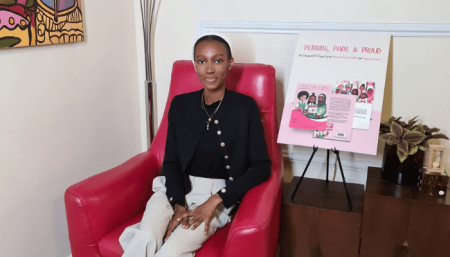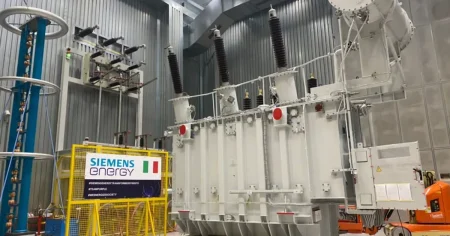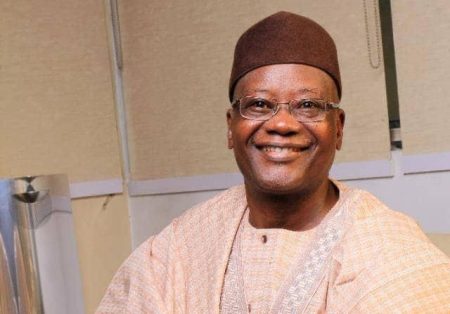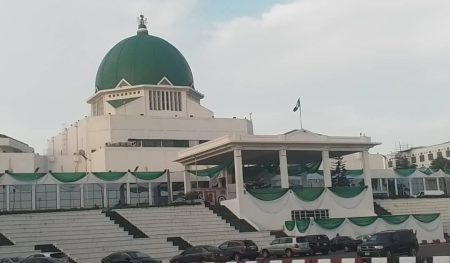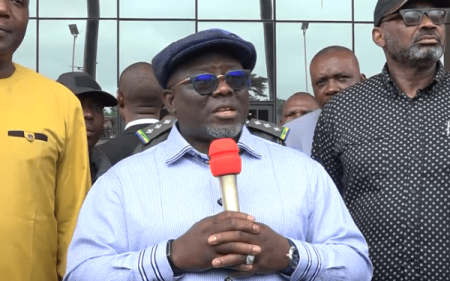Waheed Oshodi, the President of the International Table Tennis Federation (ITTF) Africa, has issued a compelling call to the Nigerian National Sports Commission (NSC) to prioritize funding for sports that consistently deliver medals on the global stage. Speaking during the WTT Contender Lagos finals, a prominent event showcasing both local and international table tennis talent, Oshodi emphasized the need for a strategic shift in funding allocation, advocating for greater support towards sports like table tennis, wrestling, and athletics, which have historically yielded a higher medal count for Nigeria in international competitions. While acknowledging the popularity and cultural significance of football, Oshodi stressed the importance of recognizing and rewarding the tangible success achieved by other sporting disciplines, arguing that medal-winning sports deserve a more substantial share of the national sports budget.
Oshodi’s appeal for increased funding was underscored by a sense of cautious optimism regarding the new leadership at the NSC. He commended the initial efforts and positive intentions demonstrated by the new Director General and Chairman, recognizing the “green lights” indicating a potential shift towards a more equitable distribution of resources. However, he stressed that tangible progress hinges on increased financial commitment, emphasizing that good intentions alone are insufficient to nurture and sustain the development of high-performing athletes and sporting infrastructure. He underscored the urgent need for a substantial increase in funding to translate positive intentions into concrete actions that effectively support the growth and success of medal-winning sports.
The ITTF Africa President highlighted the remarkable achievements of African table tennis players, particularly Quadri Aruna and Omar Assar, who have consistently competed at the highest levels of the sport despite facing significant challenges due to limited institutional support and investment in sports infrastructure across the continent. This underscores the inherent talent and potential within African sports, which often remains untapped due to systemic underfunding. He cited Egypt as a prime example of a nation that has prioritized long-term sports development, demonstrating the direct correlation between structured support and sporting success, particularly evident in their achievements at the African Youth Championships. This serves as a compelling model for other African countries to emulate, highlighting the importance of strategic investment in building robust sporting infrastructures to cultivate and nurture athletic talent.
Oshodi further emphasized the crucial role of ITTF Africa in bridging funding gaps across the continent, particularly through initiatives like the Africa Hopes Week, a development camp for U-12 players held concurrently with the 2025 Lagos Festival of Tennis. This program, focusing on nurturing young talent from across Africa, represents a strategic investment in the future of table tennis on the continent, extending beyond the traditional powerhouses of Nigeria and Egypt to include emerging talent from other countries. Oshodi expressed particular enthusiasm for this development program, signifying a commitment to cultivating the next generation of African table tennis stars and broadening the base of participation in the sport. He highlighted the emergence of promising young players like Samson Joshua from Nigeria as a testament to the untapped potential within the country, emphasizing the potential for even greater success with increased investment in talent development.
The successful hosting of the WTT Contender Lagos, part of the larger 2025 Lagos Festival of Table Tennis, served as a strong testament to Nigeria’s capability to organize and execute world-class sporting events, even in the face of existing challenges. This achievement demonstrated the nation’s logistical capacity, infrastructure, and enthusiasm for hosting international competitions, further solidifying its position as a significant player in the African sporting landscape. Oshodi lauded the successful staging of the event, acknowledging the efforts made to deliver a high-quality competition despite existing constraints. However, he cautioned that this success must be built upon with continued investment in talent development to ensure that young athletes are adequately prepared to compete at the highest level.
In conclusion, Oshodi’s message resonated with a clear and urgent call for increased financial support for medal-winning sports in Nigeria. He commended the positive direction of the new NSC leadership but stressed the need for tangible financial backing to translate good intentions into concrete actions. He highlighted the remarkable achievements of African athletes despite limited resources, citing Egypt’s successful model of sports development as a compelling example to follow. The success of initiatives like the Africa Hopes Week underscores the importance of nurturing young talent across the continent. Furthermore, the successful hosting of the WTT Contender Lagos served as a testament to Nigeria’s capability to organize world-class sporting events. However, Oshodi cautioned that sustained success requires consistent and substantial investment in talent development to ensure that young athletes are equipped to compete at the highest levels of international competition. This reinforces the crucial link between financial investment and sporting success, emphasizing that talent alone is insufficient without the necessary resources and support to fully develop and flourish.


